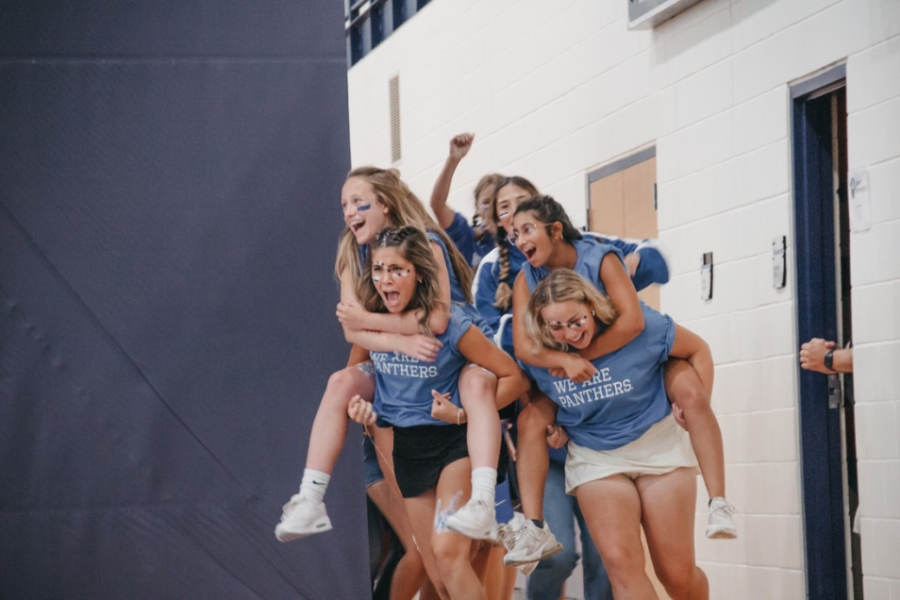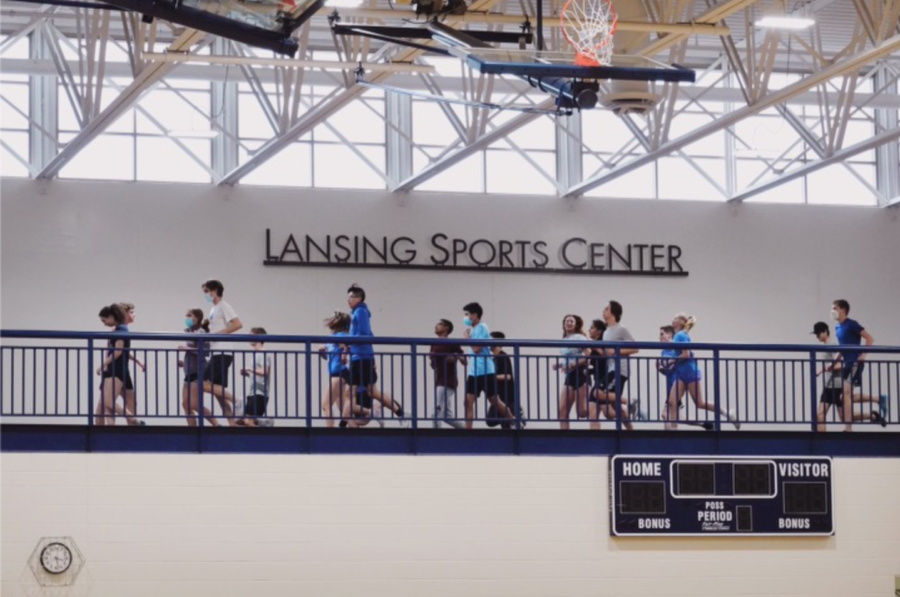Interviewing the English Department
May 20, 2023
In late 2022, an online Artificial Intelligence chatbot called ChatGPT quickly took the world by storm. All anyone had to do was enter a prompt and ChatGPT would do its best to generate a response. However, many students saw the capabilities of ChatGPT and sought to use it as a means of cheating on their schoolwork, leaving many educators across America to criticize the chatbot for discouraging critical and original thinking, especially educators that teach English. It is for these reasons that I sought to interview educators in my school’s English department to better gauge how they feel about ChatGPT as a whole.
The first educator I interviewed was Ms. Mohn
Q: What effect do you think ChatGPT has had on our education system?
A: I think it’s raised a lot of questions in regard to ethics and morality. It makes us educators question who we are as teachers.
Q: As an educator, what was your initial reaction to ChatGPT?
A: When it was first brought to my attention, I thought about how I would have to keep an eye out for things like academic dishonesty and plagiarism, so I think my initial reaction revolved around concern.
Q: Do you believe it has any future being used in schools in a productive way?
A: At the moment, I’ve actually been conversing with students in my class on any possible ethical means of using ChatGPT in an English classroom. As of now, I haven’t found any answer, but I believe we could find one in the future. And even if we can’t implant ChatGPT safely into an English class, I have faith we can find responsible ways to use it in other classes. But as of now, it poses too much of a threat to original thinking, which is crucial to doing well in any English class.
Q: Why do you think students have used ChatGPT to cheat?
A: I just think there is a huge temptation, and as humans, we often gravitate towards the easy way out and other possible shortcuts that we feel reduce our need to work hard.
The second teacher I interviewed was Mr. Schwalen.
Q: What effect do you think ChatGPT has had on our education system?
A: I think that it has provided an excuse to think critically. It’s a good tool, but how we decide to wield that tool is very important. Students need to get back to having educational ambition for the sake of wanting to better themselves. Sure, ChatGPT might help get your homework down in the short term, but in the long term, it only inhibits your intellectual abilities.
Q: As an educator, what was your initial reaction to ChatGPT?
A: My initial reaction was concern, but after some research, I saw that it had a potential to be used for a force for good.
Q: Do you believe it has any future being used in schools in a productive way?
A: Yes, I don’t think there is any way to avoid it. It’s here to stay, and it is destined to be a part of education in the future, as this technology will only continue to evolve.
Q: Why do you think students have used ChatGPT to cheat?
A: Because it’s a shortcut and saves time. A lot of students, especially those who’ve experienced the COVID era see education as a nuisance. They want to do other things, so they’ve lost the desire to learn, and ChatGPT gives them that shortcut they so desperately want.
The third teacher I interviewed was Ms. Drake.
Q: What effect do you think ChatGPT has had on our education system?
A: I don’t know if I can answer that question yet. ChatGPT is still fairly new, but I feel like it is making many English teachers increasingly paranoid because it’s hard to know whether the content we receive on assignments was produced by a student or not, and it makes us think about why it’s important to think critically and if that will be a relevant skill as time passes on.
Q: As an educator, what was your initial reaction to ChatGPT?
A: I was dubious as I knew it was going to present these issues of increased cheating, and I realized while it may also come with some benefits, it ultimately complicates the teaching of writing as a whole.
Q: Do you believe it has any future being used in schools in a productive way?
A: For sure! In my particular discipline, I am struggling with how it can be used in my classroom without students using it as a shortcut, but I believe in other classes, it has undeniable potential to be used as a good resource.
Q: Why do you think students have used ChatGPT to cheat?
A: I think students don’t always want to push themselves to work hard because they are often stressed, short on time, or sometimes they haven’t read the proper material provided to them, so it’s easier to just have AI do it for you.
The last teacher I interviewed was Ms. O’Halloren.
Q: What effect do you think ChatGPT has had on our education system?
A: I think it’s really hard to judge its effect on the education system as a whole just yet because schools are still learning what ChatGPT is and all the capabilities it possesses.
Q: As an educator, what was your initial reaction to ChatGPT?
A: I thought it was fascinating and it was bound to change how educators function. And with its capabilities, I realized some students were bound to take advantage of it and exploit ChatGPT as a means of doing their work for them rather than using it as a resource.
Q: Do you believe it has any future being used in schools in a productive way?
A: Absolutely. I don’t think ChatGPT or any other forms of AI are going away anytime soon. We are already seeing the improvements and changes that are being announced for preexisting chatbots as well as plans for similar tools, so it’s only natural if we find some way to embrace it.
Q: Why do you think students have used ChatGPT to cheat?
A: Because it’s simple and very easy to access as well as the fact some students struggle to think critically, which stems from the fact that many students aren’t comfortable with the skills they already have.
Thanks so much to all the teachers for the interviews!







